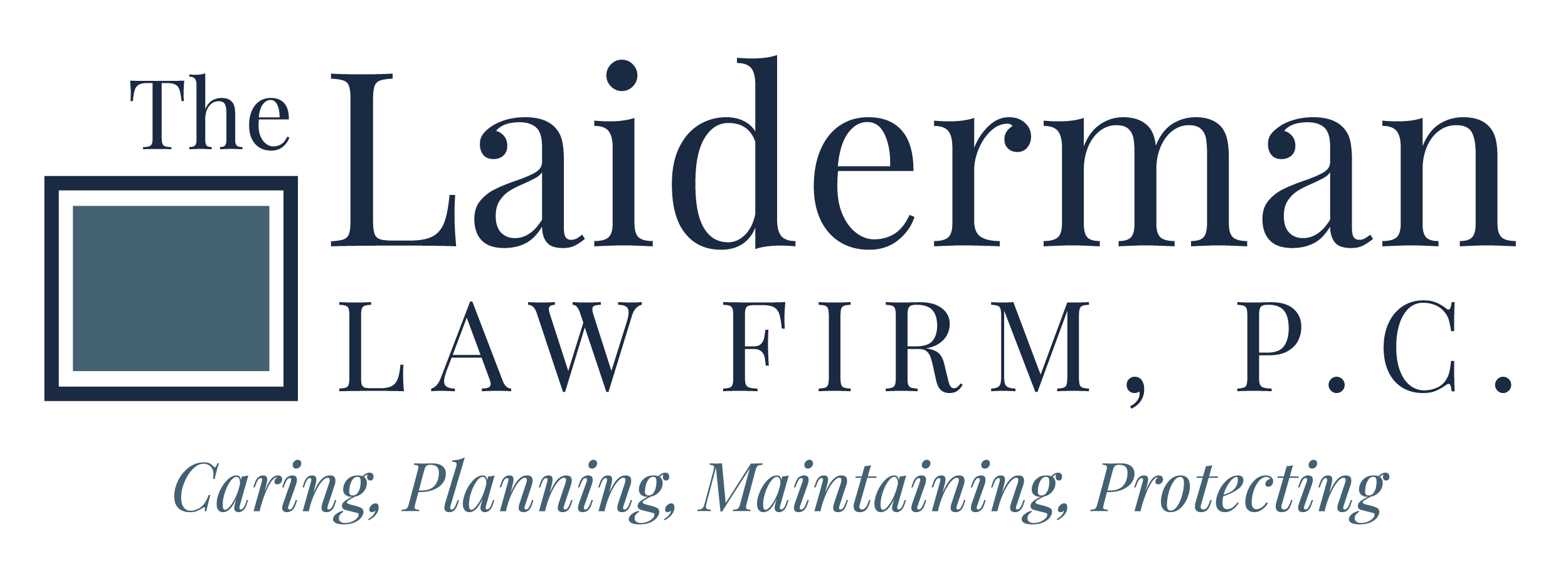If you’re a busy professional, maybe a real estate developer or a physician, you tend not to think about retirement. However, just like you had to prepare for your current position, you need to prepare for your life after you stop working, advises the article “Retirement planning for the busy professional” from the New Haven Register. What busy people often don’t realize, is that before they know it, retirement is around the corner.
Making the transition to a successful, fulfilling retirement is not just about saving money, although that is an important factor. Here are a few tips to help you plan a great retirement:
Use your imagination. What would you want your life to look like during retirement? How will you spend your days? Write down goals and be specific. If volunteering is something you don’t have time for now, would you want to become active in your community during retirement? What would that be—running a small organization or pitching in as part of a team? Do you plan on spending more time with your family? If so, what does that look like? Being very detailed will help you set goals and allow you to estimate your retirement expenses.
Run the numbers. There are different scenarios that you can work through. For instance, if your idea of retirement is a schedule of non-stop travel, you can figure out what kind of trips you want to take—Elder Hostels or travelling first class—and what they’ll cost. If you already own a second home and plan to retire there, you have a good idea of what it costs to live in your second community. Consider investment returns, health care costs, taxes and life expectancy.
Review your financial and legal plans. It is never too early to plan for the legal and financial aspects of your retirement. Anyone over age 18 should have an estate plan, both to protect themselves and their family in the case of death and incapacity. Most people should have a complete set of documents including a financial and medical power of attorney, an advanced healthcare directive with HIPPA authorization, and a will and/or revocable trust. A financial plan will give you a roadmap. Are you saving enough? Are there opportunities you are missing? Do you have the correct insurance in place?
Cut expenses and minimize debt. The less debt you have going into retirement, the better. Cutting expenses now will get you used to living within a tighter budget and controlling expenses. Write down your expenses to find out where the money is going. You will likely find some big surprises.
Are your advisors right for you now, and will they be right for you in the future? If you’ve put up with an advisor who never returns your phone calls for a few years, is that the person you want to depend on when hard decisions need to be made about investments and retirement? Your team needs to include an estate planning attorney, a CPA and a financial advisor. Each of them should have a good working relationship with the other, and they should all be making you and your family a top priority, along with meeting your goals and needs.
Reference: New Haven Register (Oct. 13, 2019) “Retirement planning for the busy professional”


